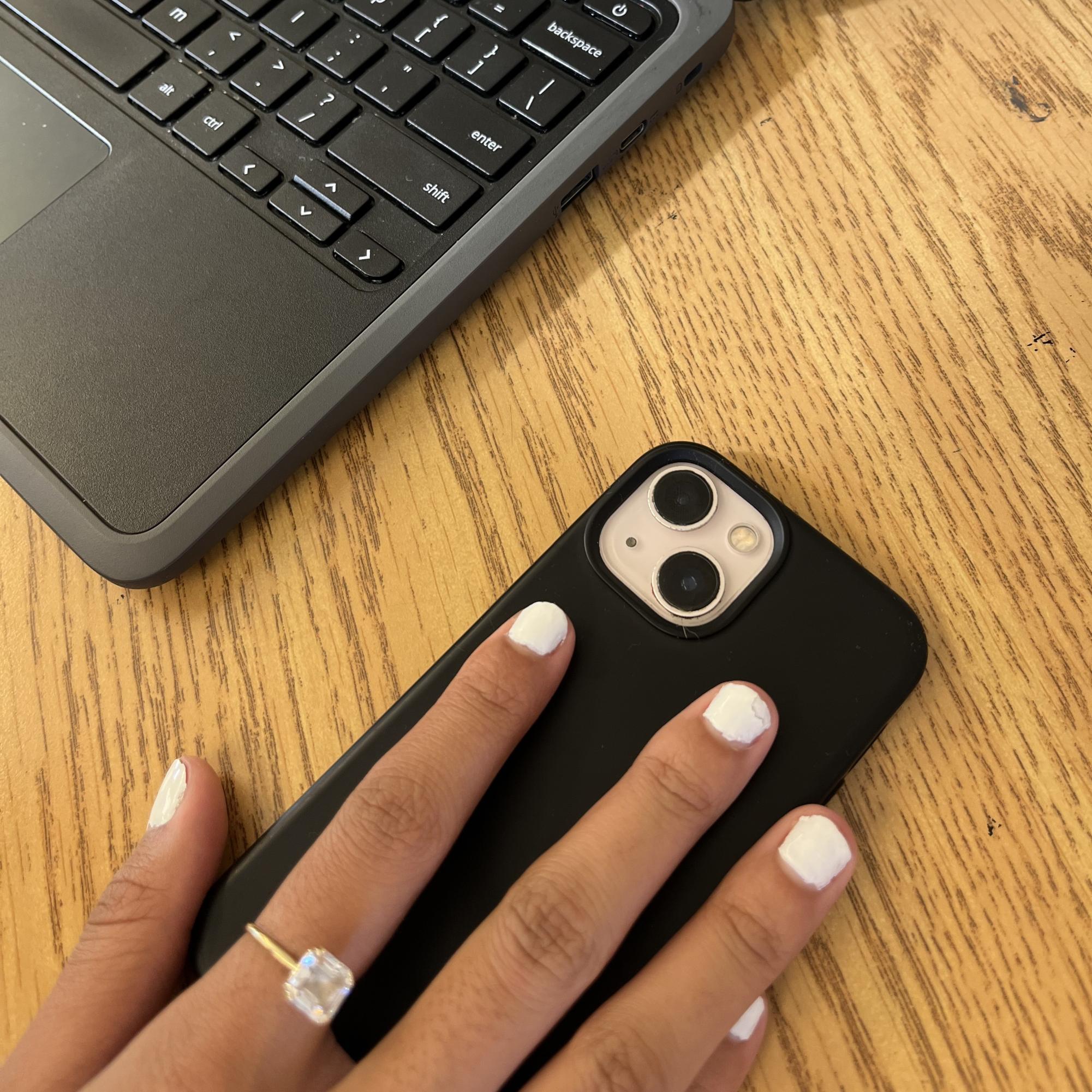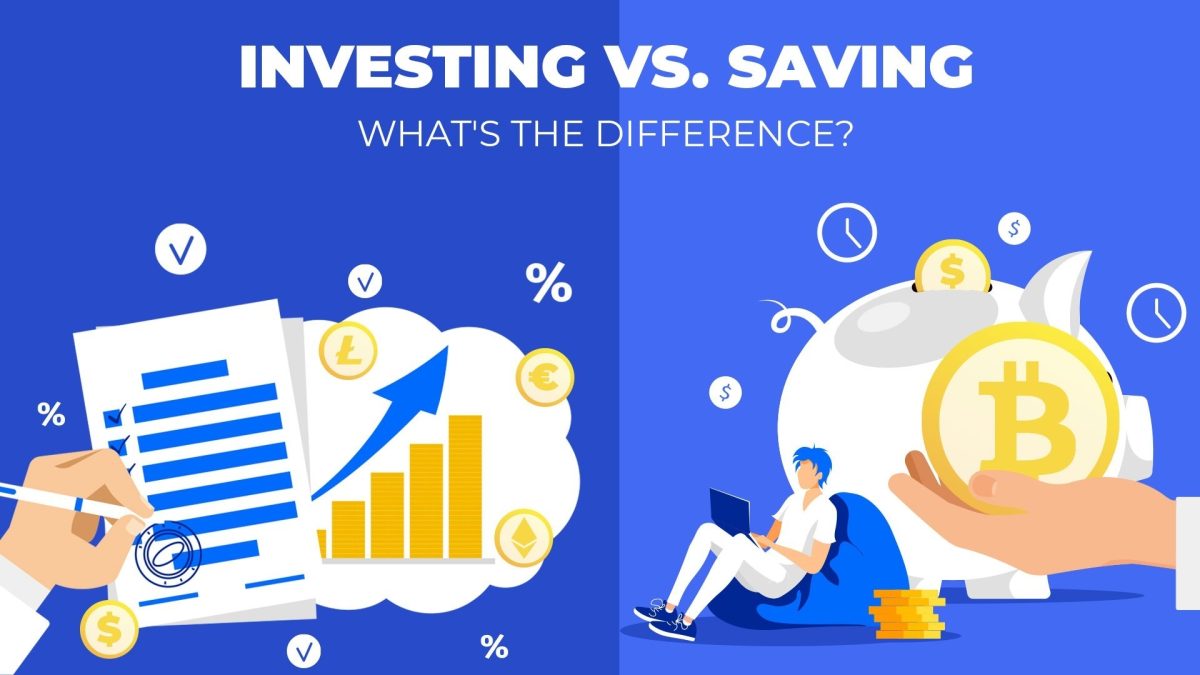It’s September 2024, the start of the school year. Returning iSchool students are excited for another year. They come into their first class and there are hanging pockets on the wall, they’re confused and take a seat. Your teacher says to the class, “ok students please put your phones in the pockets.” Some students laugh, some express confusion, some just sit there. “I’m not joking, put your phones in the pockets, it’s a new school policy.”
It’s now October and students still have mixed opinions about this rule.
According to a recent article from The New York Times, “Cell Phones have become a school scourge. More than 70 percent of high school teachers say student phone distraction is a ‘major problem.’”
Recently many schools across the country have changed their policies on phones. Some include yonder pouches, which are small bags that are locked for the day and can be unlocked at the end of the day, or bins kept safe in the main office.
The reason for a lot of these policies is that, “It’s really good for human beings to be away from their phones. I think human beings need to be able to communicate, ” says Mr. Whittaker, a dean at the iSchool.
This is all new for the upperclassmen who did not have to turn their phones in, but freshmen all had their own experiences during middle school.
Renata Zvekova, a freshman at iSchool believes that the policy is unnecessary. She thinks students should have their phone in case of an emergency. In middle school as a policy she had to turn in her phone, “I had an actual lockdown because there was someone with a gun … and I couldn’t contact my parents, and that’s a big issue.”
This policy does not affect everyone though. “It’s not much of a difference compared to what I was doing last year,” says Lena Goings, a junior.
According to an iSchool survey, of the 40 students who responded, 15.8 percent of students said that it doesn’t affect them at all. “I never had a challenge with getting my work done in class,” says Nylise Hines, who is a junior at the iSchool.
Of that same poll 68.4 percent of students don’t like it. “It’s hard communicating with my peers because I feel like I’m not connected with my friends when I’m not able to connect with them on my phone or my family or anyone else,” says Matan Levine, a sophomore at the iSchool.
Nylise thinks the opposite, “I think it’s a lot easier talking to people when they’re not, like, looking away from you, like on their phone or something.”
“I think it’s a bit of a hassle to like to put your phone in one of the caddy things and then like to get it at the end of the period like every single period especially because everyone is usually rushing towards the side of the room that has that. [the phones],” says Lena.
Aside from productivity issues TikTok is a very frequently used application on highschoolers phones. According to an iNews article on the effects of TikTok, “As children and teens already grapple with issues of anxiety, social pressure, and depression, we cannot allow social media to further harm their physical health and mental well-being.” TikTok is incredibly addictive and that is no accident. Many engineers who worked there said it’s designed to be that way.
“It’s kind of like a virus now, we haven’t really quite understood how to use phones to our advantage,” says Mr. Whittaker.
“We were always fine with it [letting students have phones, which was the original phone policy] because we felt like kids needed to be able to manage having their phone and getting their work done right,” said Ms. Leimsider, the assistant principal here at iSchool.
The school did have to change the policy up because in theory the policy worked but Leimsider says, “tech companies are very good at creating products that are really hard for kids to turn off. So part of it is kids developmentally in terms of their brains and part of it is multi billion dollar companies purposefully doing things to get kids to be addicted to the phone and to addicted to their social media.”
The poll that was sent out was also sent to teachers. Of the 9 teachers that responded, all nine said they love the phone policy. “Me personally, um I’m finding that um I also use my phone less, you know, if the students are using their phone less,” says Mr. Whittaker.
According to the Surgeon General, “Social media use by young people is nearly universal, with up to 95% of young people ages 13-17 reporting using a social media platform and more than a third saying they use social media “almost constantly.” While this surge has greatly helped long distance communication it has severely impacted just chatting in person, “it’s a lot harder to talk to somebody if they’re not making eye contact with you and showing that they’re actually, like, paying attention to what you’re saying.” says Nylise.
Furthermore in a recent article from the Pew Research Center, “Seven-in-ten teens ages 13 to 17 say there are generally more benefits than harms to people their age using smartphones, while three-in-ten say the opposite.” This comes to show why everyone has different views on the phone policy and why this was a perfect article idea.
I think the reason everyone has mixed feelings about the phone policy is because everyone has a different level of involvedness on their phone and different levels of restraint. For example, one student may not use their phone a lot and only use it to text their parents and their close friends, because of this it would be very easy to step away from their phone. Another student may have a lot of online connections and use their phone very frequently to keep in touch with socials, since they use it so much it would be very hard for them to detach themselves from their phone.














